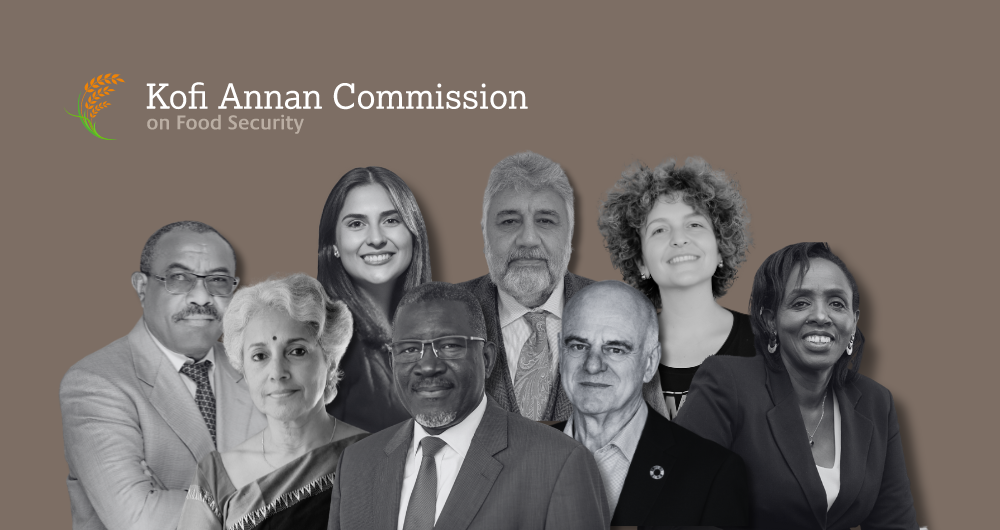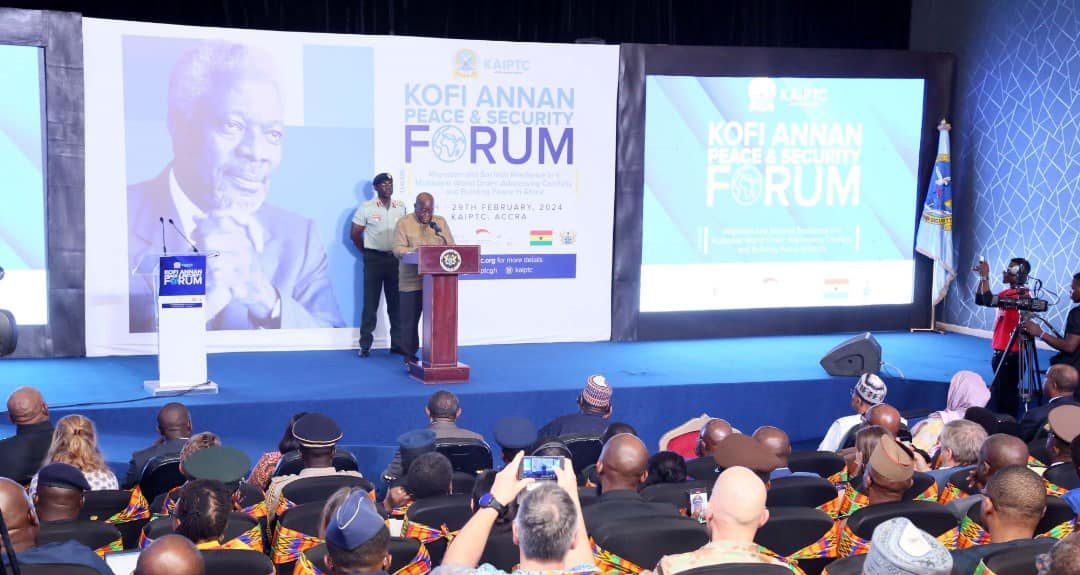How can liberal democracies best manage China’s re-emergence as a great power?
This article was written by Alan Doss, president of the Kofi Annan Foundation, based on his time working at the United Nations. It originally appeared in the South China Morning Post.
To cope with the redistribution of wealth and political power, democracies should strengthen defensive alliances, engage openly with Beijing and exercise strategic patience: given China’s demographic transformations, change may come from within.
 This is a year of notable anniversaries for the People’s Republic of China: it is the 70th anniversary of its founding in 1949 and also the 30th anniversary of the Tiananmen Square tragedy in 1989. There is also another, more obscure but significant, one. In late 1979, at the request of the Chinese government, the United Nations launched an aid programme in China. This initiative signalled Beijing’s intention to look outwards for support for its modernisation programme.
This is a year of notable anniversaries for the People’s Republic of China: it is the 70th anniversary of its founding in 1949 and also the 30th anniversary of the Tiananmen Square tragedy in 1989. There is also another, more obscure but significant, one. In late 1979, at the request of the Chinese government, the United Nations launched an aid programme in China. This initiative signalled Beijing’s intention to look outwards for support for its modernisation programme.
I was among the UN staffers dispatched to start the programme. Despite frustrations with the bureaucracy, those were exciting and optimistic days. Foreign governments and companies competed vigorously to provide aid and promote trade. Everyone wanted to be in China.
Four decades on and that enthusiasm has been replaced by a deepening suspicion of China, which is increasingly portrayed as a threat to the democratic world. China stands accused, among other things, of intellectual property theft, currency manipulation, unfair trade practices, militarisation of maritime waters and suppressing dissent. The Hong Kong crisis is fuelling misgivings.
So, are liberal, democratic societies now trapped in an existential struggle with China in the marketplace of political ideas and economic competition? Or can they find ways to manage the global redistribution of economic wealth and political power that has come with China’s ascendancy without forfeiting the fundamental precepts of their own societies?
“Despite frustrations with the bureaucracy, those were exciting and optimistic days. Foreign governments and companies competed vigorously to provide aid and promote trade. Everyone wanted to be in China.”
These are big challenges but not insurmountable.
First, let’s not be overawed by China’s emergence as a world economic power. We have been there before. In the Wealth of Nations, Adam Smith wrote of China’s greater wealth compared to that of 18th-century Europe. Smith could not know, however, that China was on the cusp of a calamitous descent into two centuries of almost continuous warfare and economic decline.
Over those two centuries, the United States and Europe acquired economic supremacy. Now that rebalancing has set in, the Western world has to adapt to China’s economic renaissance, just as Britain – the industrial titan of the 19th century – had to adjust to the burgeoning economic power of the US and Germany.
Second, China’s vast financial reserves serve little purpose in a vault. So, much as the UK did at the height of its economic pre-eminence when it financed railways in Argentina and elsewhere, China has to recycle its capital accumulation through domestic and overseas investment.
Third, while China’s growing economic prowess enables the country to flex its military muscles, the People’s Republic has only fought three external conflicts since its founding – all of them at its frontiers. So, further afield, China seems more likely to seek influence through non-kinetic means – soft power – rather than military intervention.
Fourth, China is no longer a predominately rural and impoverished country. Over the past 40 years, absolute poverty has been halved and illiteracy has fallen to 3 per cent from 80 per cent in 1949.
The people of China are more connected than ever before. In 1979, there was not a single kilometre of motorway in the country. China now leads the world in building high-speed railways and motorways. Mobile phones are ubiquitous even though the internet is censored. Chinese tourists are travelling abroad in unprecedented numbers. Back in 1979, Chinese citizens required official permission just to travel between cities.
Significantly, in 1979, only 18 per cent of the Chinese population lived in urban areas; today, that figure is about 60 per cent and rising. Urban populations are usually more cosmopolitan and open to change than their rural counterparts. We have seen these trends at work in East Asian countries such as Japan, South Korea and Malaysia.
None of this means that the democratic world should be complacent or less than vigilant. We know how competition between expansionary and established powers has often ended in unintended conflict.
So what policy responses should democracies deploy to manage China’s re-emergence as a great power?
First, a preventive approach is needed that combines a robust defensive capability with serious diplomatic engagement that goes beyond noisy headlines. Demolishing the rules-based international order and demonising multilateral cooperation will not help. The best answer is to expand the circle of democracies and democratic alliances rather than pull up the drawbridges.
Second, democracies should maintain an open policy of engagement with China, which may well become more amenable as demographic change and the limits of mercantilism gradually push the country towards a lower growth path and reduced surpluses.
Third, in dealing with China, democracies will need strategic patience. Better-educated, more prosperous and well-connected societies do not automatically produce more liberal, peaceful societies. The ruling ethos has to evolve as well. And that may come with generational change.
Today’s older population grew up in the shadow of the Great Leap Forward and the Cultural Revolution. Understandably, they put a premium on stability and material well-being. But over the next 20 years, a successor generation will come to maturity with no direct experience of those traumatic events; it may well be less accepting of the trade-off between stability, material well-being and personal freedom.
This does not mean China will become a Western-style liberal democracy; but neither is the country destined to remain an authoritarian, one-party state.
In the four decades since I set foot in China, the country has changed dramatically. Who is to say that it cannot or will not change equally profoundly in the next four decades?
Napoleon famously remarked that “China is a sleeping giant. Let her sleep, for when she wakes she will move the world.” Well, the giant has woken up and is indeed moving the world. This is a challenge for the community of democratic nations.
However, it is manageable one – provided democracies keep faith with their values and work together to sustain and remain firm in those values.
Alan Doss is president of the Kofi Annan Foundation. The opinions expressed in this publication are his own and do not purport to reflect the opinions or views of the Kofi Annan Foundation or its employees.



